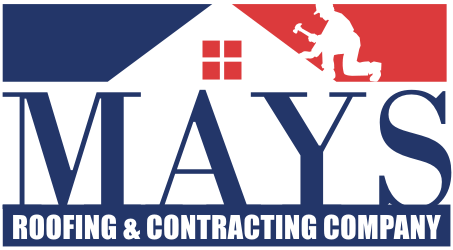What Should You Consider Before Starting Your DIY Roofing Project?
Embarking on a DIY roofing project can be a rewarding yet challenging endeavor. Becoming the architect of your roof not only enhances the aesthetics of your home, but can also save you a significant sum of money. However, there are various factors that demand careful consideration before you head up to the peak of your house with tools in hand. Understanding these factors is crucial for a successful outcome.
Assess Your Skills and Experience
Before starting any roofing project, it’s essential to evaluate your own capabilities. Roofing requires a certain level of physical fitness and skill. Are you comfortable working at heights? Do you have experience with similar tasks? Consider:
- Experience Level: If you have never attempted home renovations, roofing might be too complex.
- Physical Requirements: Roofing often involves lifting heavy materials and working on ladders.
- Technical Skills: Basic knowledge of carpentry, plumbing, and electrical work can be beneficial.
Understand Local Building Codes and Permits
Before any construction can begin, familiarize yourself with local building codes. These regulations differ widely by location and may dictate specific requirements for roofing projects, including:
- Permits: Many areas require specific permits for roofing work.
- Material Standards: Certain materials may be mandated or prohibited.
- Safety Regulations: Compliance with safety regulations may be necessary to ensure a safe working environment.
Choosing the Right Materials
Material selection can significantly impact the durability and appearance of your roof. Here are some critical aspects to consider:
- Material Type: Options include asphalt shingles, metal, tile, and slate. Each offers unique benefits and challenges.
- Cost: Beyond the initial purchasing price, consider longevity and replacement costs.
- Climate Suitability: Choose materials that can withstand your local weather conditions.
Safety First: Prepare for Hazards
Safety should always be a priority when tackling roofing projects. Common hazards include falls, electrical shock, and injuries from handling tools. To minimize risks:
- Use Personal Protective Equipment (PPE): Helmets, gloves, and sturdy footwear are essential.
- Set Up Safety Measures: Use harnesses and ensure ladders are stable.
- Plan for Emergencies: Have a first-aid kit and a plan for emergencies.
Planning Your Project
Organization can make or break a DIY roofing project. Step-by-step planning will prevent you from becoming overwhelmed:
- Project Scope: Determine the extent of the job. Will you replace the entire roof or only a section?
- Timeline: Create a realistic timeline based on the complexity of your project.
- Budget: Develop a comprehensive budget that encompasses materials, tools, and any unexpected expenses.
Gathering Tools and Equipment
A successful roofing project requires specific tools to ensure accuracy and efficiency. Essential tools include:
- Roofing Nail Gun: For quick and effective installation of shingles.
- Utility Knife: Necessary for cutting roofing materials.
- Ladder: A sturdy, reliable ladder is crucial for safety when accessing the roof.
- Safety Harness System: For falls, this equipment can be life-saving.
Weather Conditions
Weather can significantly impact roofing projects. To ensure successful completion:
- Check the Forecast: Avoid starting on rainy or extremely windy days.
- Temperature Considerations: Working in extreme heat or cold can affect the installation of materials.
Building a Support Team
While DIY implies undertaking a project alone, enlisting help can make the process smoother:
- Friends and Family: Consider asking for assistance from those with roofing experience.
- Hiring Professionals: If comfort levels are low, it may be wise to consult with a roofing expert.
Understanding Insurance and Liability
Your homeowner’s insurance may have implications on DIY projects. Confirm the following:
- Coverage Check: Ensure your insurance covers any potential accidents occurring during DIY roofing.
- Liability Considerations: Be aware of liability if hiring a subcontractor or helpers.
Post-Project Inspection and Maintenance
Once the project completion is achieved, the work is not entirely done. Conducting an inspection and establishing a maintenance plan is vital:
- Inspect for Mistakes: Check for any loose shingles, gaps, or leaks.
- Maintenance Schedule: Create a plan for regular inspections and maintenance to prolong your new roof’s life.
Concluding Thoughts
A DIY roofing project can be a fulfilling project if proper planning is executed. By evaluating your skills, understanding materials, emphasizing safety, and preparing for various challenges, you can be well-equipped to tackle your roofing project.
Moreover, maintaining clear communication with any helpers and having an eye for detail will aid in ensuring a successful outcome. Proceed carefully, and happy roofing!





 Mays Contracting
Mays Contracting


